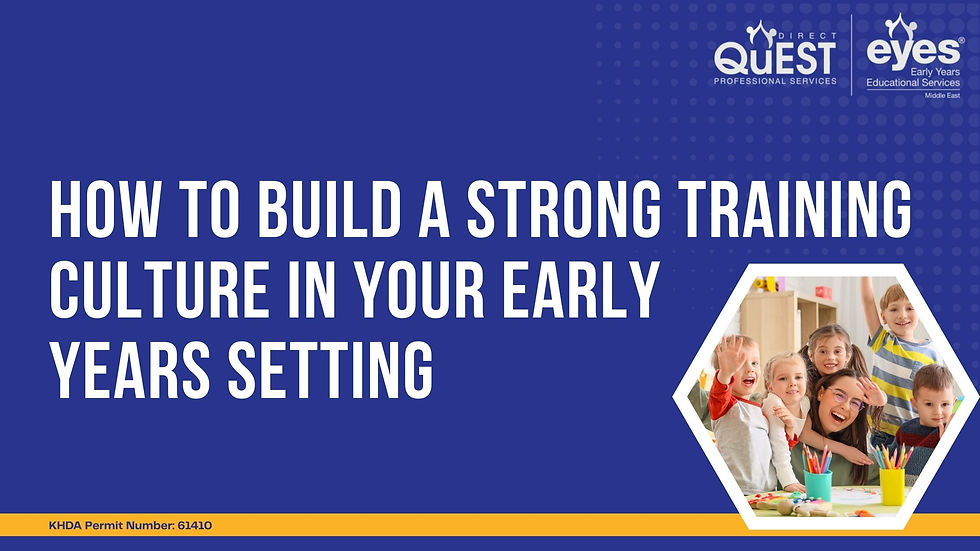Does saying sorry promote empathy?
- Dec 12, 2021
- 2 min read

When a child does something “wrong” or upsets another child we, as adults, often ask them to apologise to the other person by saying sorry. This is a natural reaction for an adult who has developed empathy and understands the link between the word, the action and the feelings involved.
However, at what age does a child actually understand the reason they are saying this word? To a young child, these links and understanding are often not yet in place and a cross teacher demanding they say a word they do not understand can be confusing and even upsetting. Often a child apologises and then repeats the same behaviour almost immediately.
This would suggest that what seems so straightforward to us is not always understood by young children. The actual word “sorry” is difficult to explain in simple terms as it is part of the concept of right and wrong and the feeling of remorse, therefore other methods to diffuse such situations may be more effective.
With younger children allow more spontaneous apologies, such as a hug or offering a toy when one has upset another. Apologies do not always need to contain words; understanding is more important as we do not want to teach children that empty apologies are acceptable.
This doesn’t mean you should forget about teaching children to say sorry altogether, this is important socially. However, when working with young children, concentrate on building the foundations to understand such exchanges first, as a word with no understanding behind it is meaningless.
With older children, rather than pushing for the word “sorry”, concentrate more on calming the situation down and promoting the ideas of empathy and making amends.
Do so by taking a step back and encouraging children to do so too.
Children need to calm down and leave the heat of the moment to truly deal with the consequences of their actions. Start by encouraging children to talk about the feelings which led to the problem behaviour e.g. “How did you feel when you pushed your friend?”. Emphasis should be placed on the action and not the emotions as there are no bad emotions, it is only how we act upon them which can cause problems.
Once this is discussed, talk to them about how the other person may have felt.
Problem solves by asking the child if they think they could have done things differently. Role play different scenarios.
Support apologies when age appropriate, you could do so by structuring them to make it easier and more meaningful for the child: I am sorry for……, this is wrong because……, and in the future I will…………
Remorse can take time as children process their mistake and the different feelings this brings up. It is important to allow time for true remorse rather than rush children to pretend.



